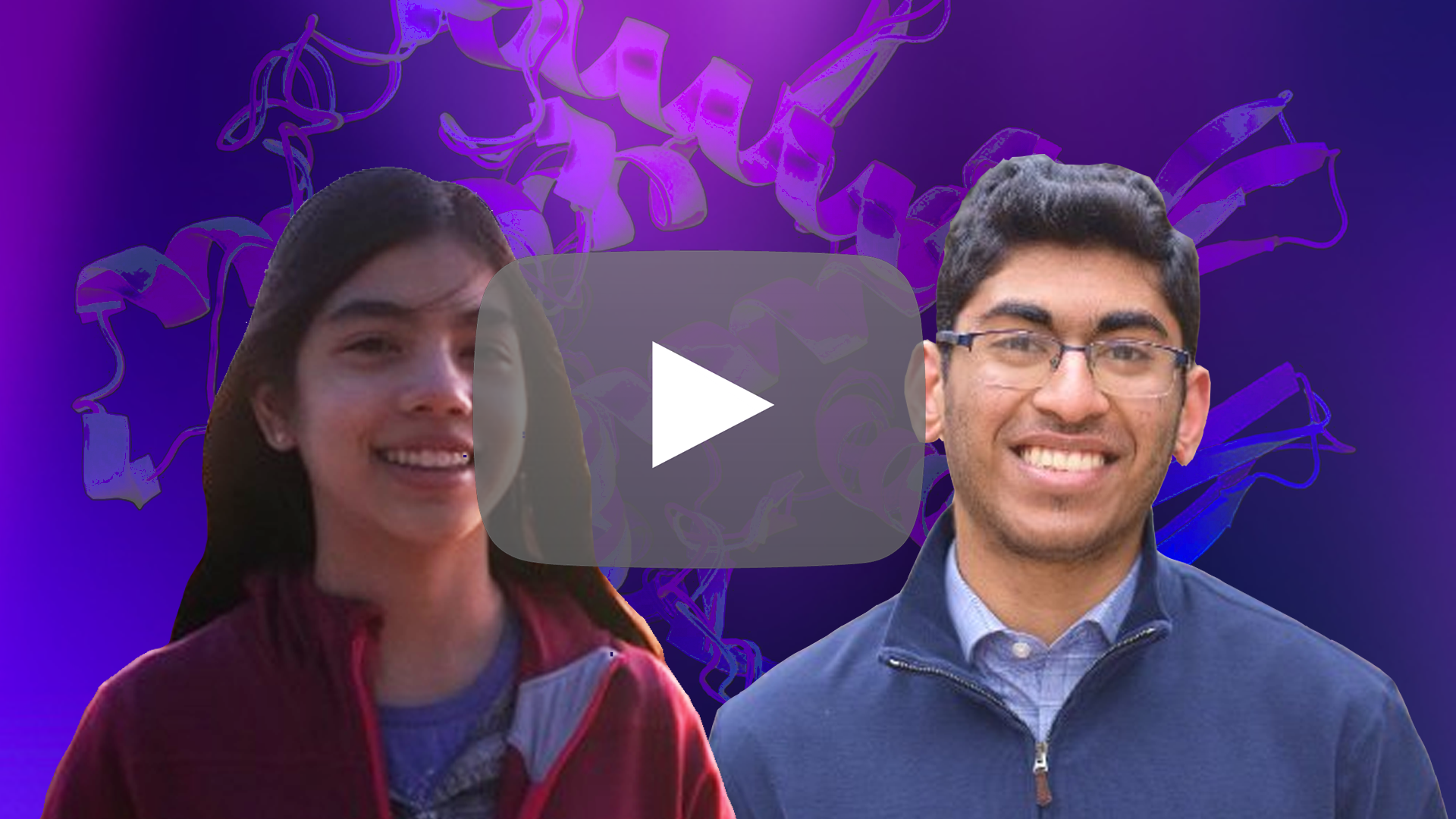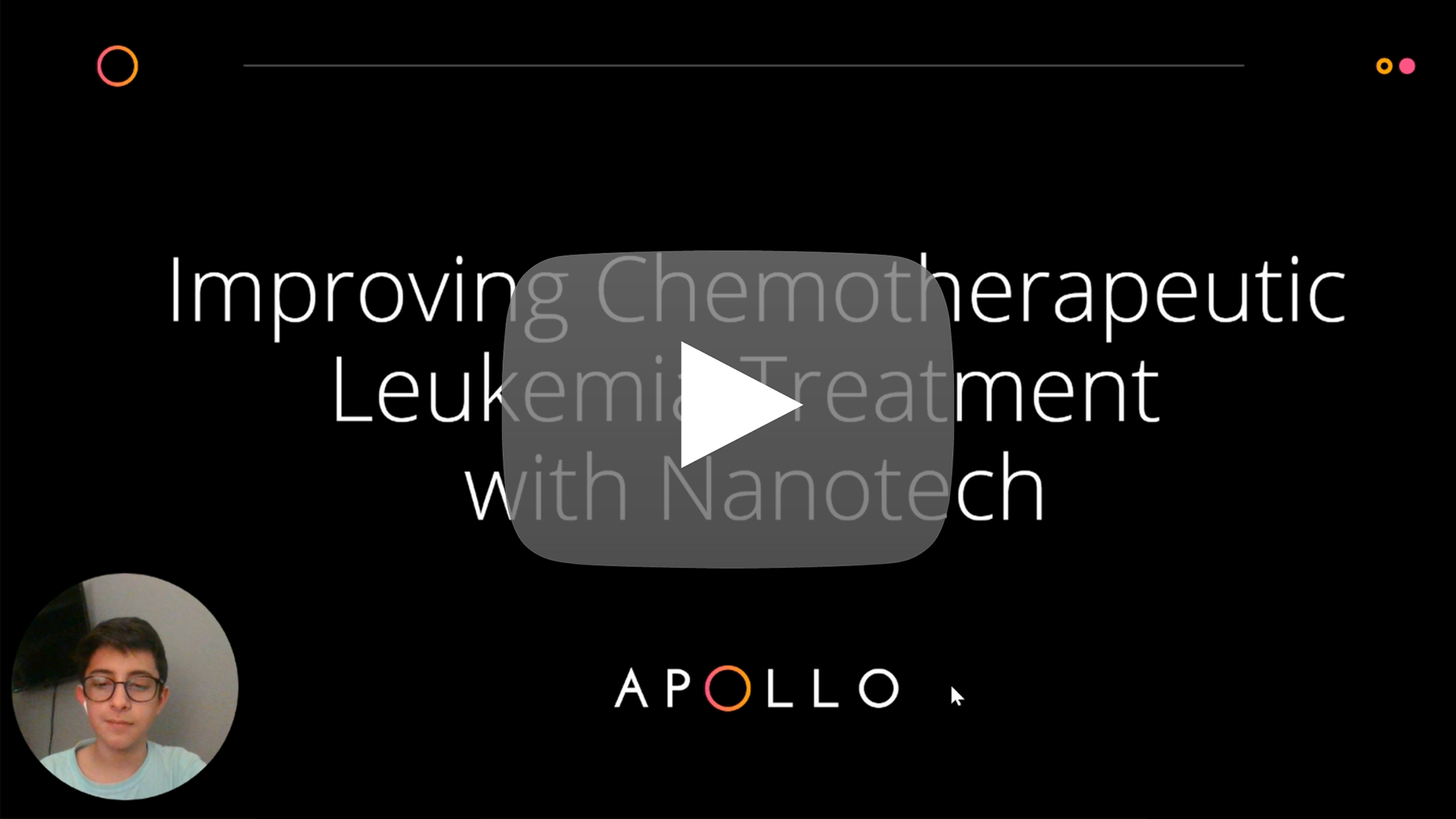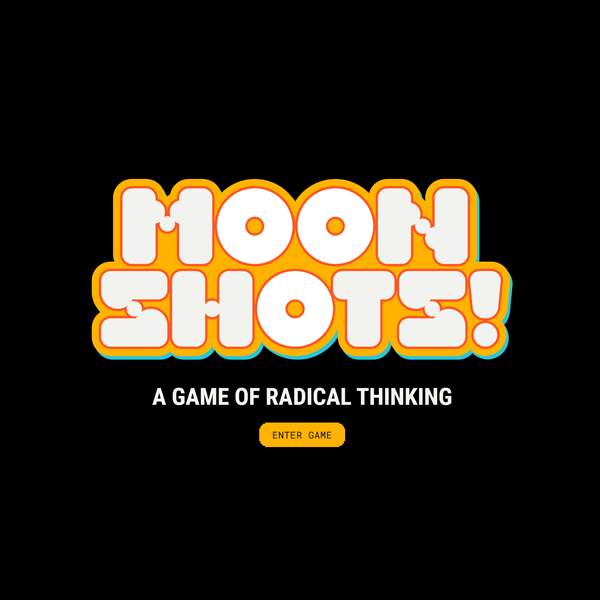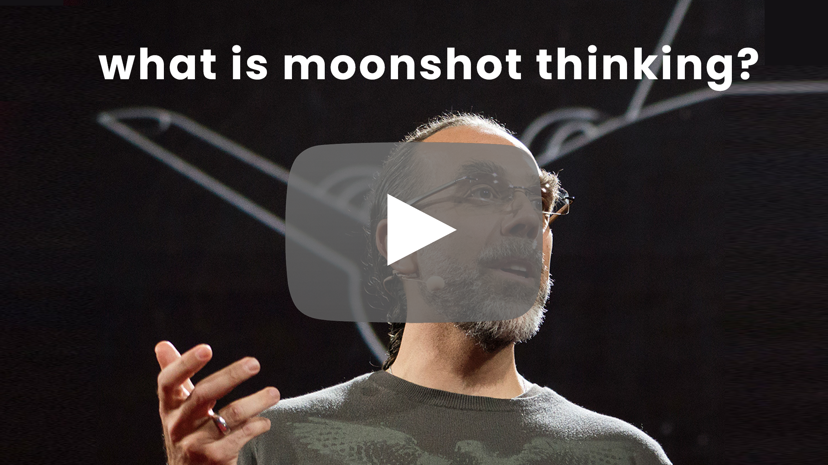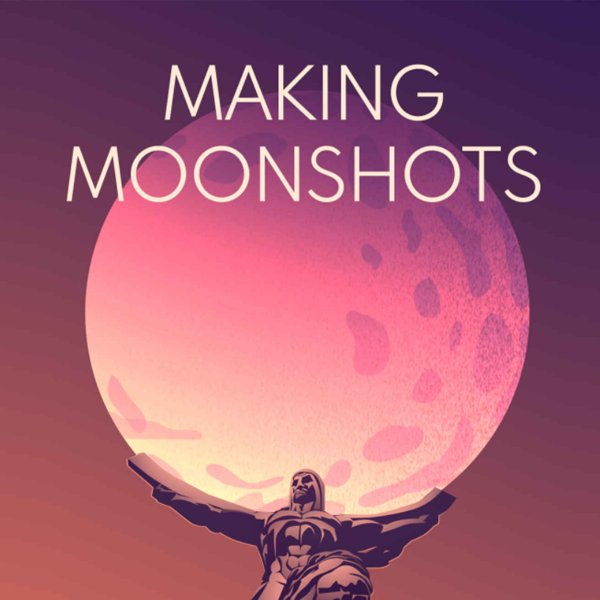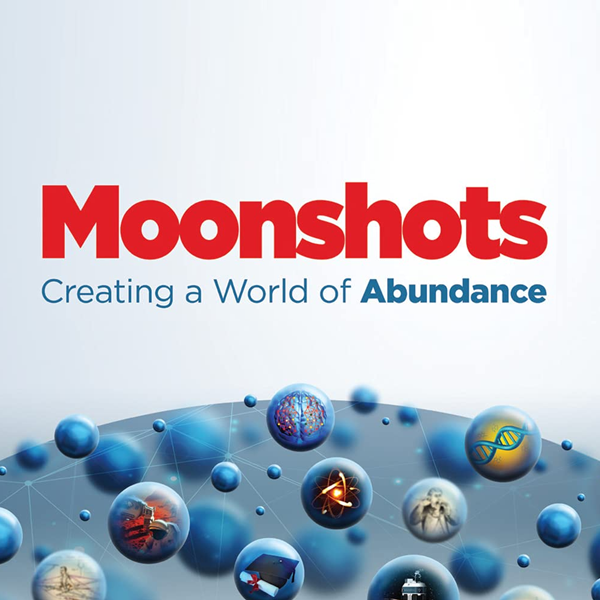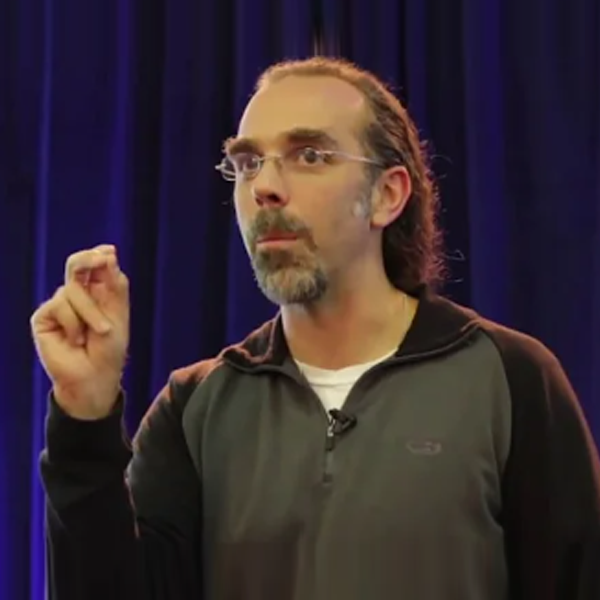moonshot projects
these are coaching highlights for final projects in the tks innovate accelerator. find radical solutions to huge problems using exponential technology.
tl'dr
why do we need moonshots?
- exponential technology and science ahs the potential to be a 10x multipler for the future, but we need clear visions for what is enabled while identifiying technical hurdles to unlock
my role as a coach included
- managing 44 teams in two person team during a 4+ week sprint for creating hypotheses to create a 10x better future
- delivering four 3 hour sessions on problem identification, vision and culture setting, moonshot mindsets, and project management
- giving 120+ hours giving feedback and designing a master class in branding
featured projects
check out final presentations from the top teams
firefly prevents wildfires by identifying and putting out ignited spots within under an hour using drones and sound
- team: jesse, valkyrie
- content: website, blog
virax uses engineered m13 viruses and carbon nanotubes to make a biological battery.
- team: okezue, aditya, karthik, yuvraj
- content: blog, pitch deck
anaxa explores how to developing quantum iot devices with network infrastructure.
- team: alice, saad
- content: blog, pitch deck
storix has a vision to use DNA to create next generation data storage.
- team: alex, henry, timucin
- content: website
neurojoy wants to create a world with no more depression with electromagnetic nanoparticles.
- team: mikey, faith, alyssa
- content: blog
what success looks like
1. moonshot idea: solves an important problem OR enables an interesting future.
2. technical depth: technology/science gap is between 2-5 years from being closed. It might be unlikely to build right now, but should be feasible soon. explain how it will work in detail and show evidence to suggest that it could be feasible. show research and mock-ups.
3. economic incentives: the company can't be a charity. there must be a market hypothesis for who pays and why.
4. legit branding: the company name, design, and feel should be legit. be intentional about the brand will be perceived by potential hires, customers, and investors.
recognizing what good looks like
explore moonshot mindsets
- think 10x →
- tackle the monkey →
- fall in love with the problem →
- embrace
failurelearning → - make contact with the real world early →
post mortem
what i would keep doing
- create a knowledge hub for reference in notion for all teams with dates, expectations, extra playbooks, guidelines, and examples of what good looks like.
- no sugar coated feedback. one of the teams, told 48 hours before the deadline their presentation design was bad. they redid a whole week's worth of work from scratch and it paid off. they won the hackathon and they left good impression on researchers from a lab a few weeks lakter.
- embrace the learning journey. in the first year of running this, everything was new to me. so i picked up naveen's book (linked below) and accepted the journey to figure it out alongside the teams. the second year, kept searching for more resources and realized the importance of an early stage coach to joint he journey, especially to push technical depth.
what i would do differently
- spend more time generating ideas and killing ideas. it sounds nice to kill ideas, but in the beginning many teams treat their first few as precious. the moonshot game is a good way to generate more ideas quickly.
- be clear on what is 10x thinking. have each team clearly explain their problem and how their solution will be radically better than the status quo. many teams got excited to be in solution mode and could not simply state what problem they were solving.
- focus on technical depth. read research papers. outline the gap in what's possible today and spend time creating hypotheses to overcome it. the teams that were further along in the focus process had a leg up on most teams.
resources to explore
making moonshot by rahul rahana
as an early stage deep tech investor, rahul explore differnet tactical perspectives and philosophies on how to invest in larger breakthroughs in science and technology. check out the book →
moonshots: creating a world of abundance by naveen jain
as a founder and investor, naveen reveals a creative take on questioning fundamental industries that have seen little change in the last 30 years, including space tech, education, and healthcare. check out the book →
astro teller on innovation at singularity university
this youtube video covers strategic functions of innovation as it relates to starting new projects and building a culture of doing the hard things. check out the youtube video →


